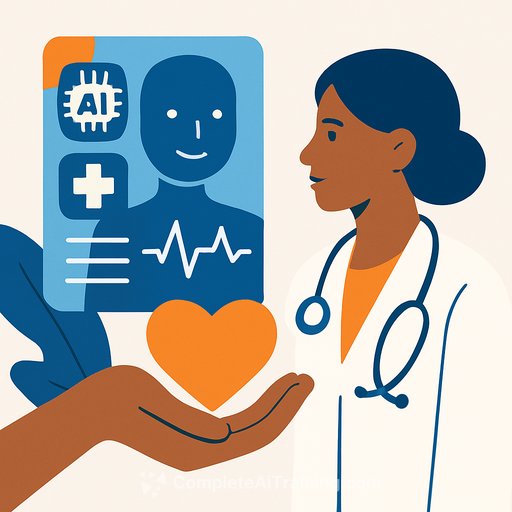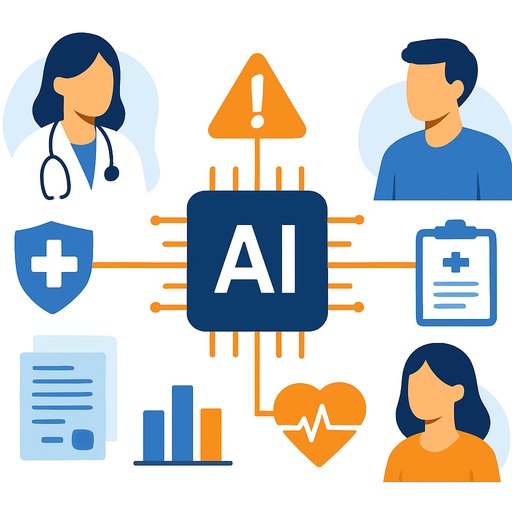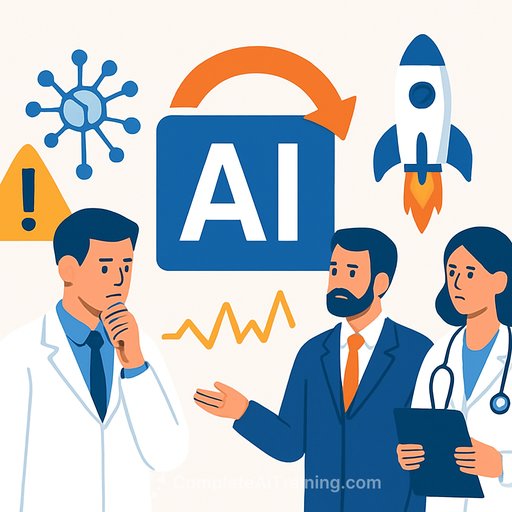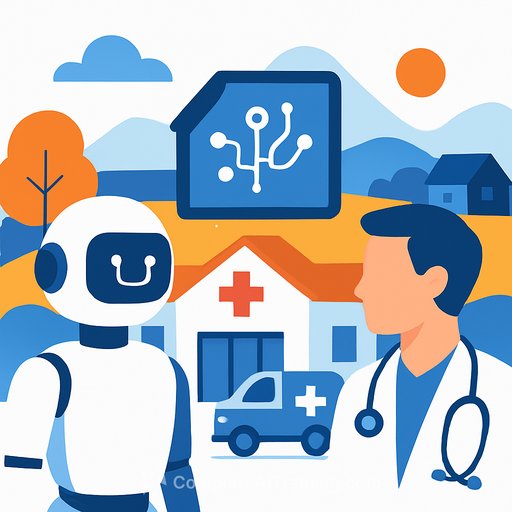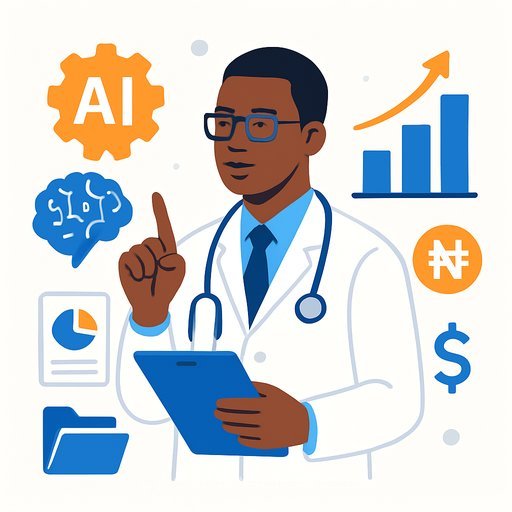AI in Healthcare: From Prediction to Empathy
At the inaugural WHX Tech–EHS AI Summit, experts agreed on one clear principle: artificial intelligence in healthcare must enhance humanity rather than overshadow it. The focus should be on technology that supports trust, ethics, and genuine human connection.
UAE’s Commitment to Responsible AI in Healthcare
Her Excellency Mubaraka Ibrahim, Chief Information Officer of Emirates Health Services (EHS), outlined the UAE’s approach to adopting AI responsibly. She highlighted how the healthcare model is shifting from "diagnose and treat" to "predict and prevent," aligning with the National Artificial Intelligence Strategy 2031.
At EHS, the priorities are clear:
- Integrate AI into healthcare and wellness
- Build an AI-ready workforce
- Ensure AI systems remain safe and trusted
“Ambient AI is already reducing documentation by 41%, giving clinicians 22% more time with their patients,” Ibrahim explained. This is more than efficiency—it’s about restoring humanity to the core of care.
Generative AI extends beyond simple text generation to designing molecules, accelerating research, and personalizing treatments at scale. Ibrahim envisions a future where every citizen might have a digital twin—a dynamic model of their health tested and optimized before a prescription is even written.
However, she stresses that this future depends on strong ethical guidance: “AI is not here to replace the human. It is here to return the optimum capacity.”
AI as a Mirror to Humanity
Reggie Townsend, Vice President of Data Ethics Practice at SAS, US, offered a compelling metaphor: AI is like a mirror that reveals both our brilliance and our biases. It magnifies our strengths and weaknesses alike.
He emphasized that the question is not whether to use AI—it's a given—but how to deploy it responsibly to improve the world. “Responsible innovation begins with responsible innovators,” Townsend said. Healthcare remains one of the few fields where empathy in human interaction is vital. Unlike chatbots, human caregivers bring genuine emotion and connection to every patient encounter.
Balancing Efficiency with Responsibility
Townsend warned that while AI brings efficiency, it can also increase risks like automation bias and concentrate power within a few large tech companies. This centralization could hinder the development of AI that benefits everyone.
He urged healthcare leaders to adopt governance frameworks and develop what he calls "response-ability"—the capacity to act effectively when AI systems fail. Success depends not on avoiding every failure but on managing responses when they occur.
Pragmatic tools such as model cards—akin to nutrition labels for AI models—can help reduce risks and build public trust.
The Human Element is Irreplaceable
Both Ibrahim and Townsend agreed on one core idea: AI must serve humanity, not overshadow it. The benefits are tangible—more clinician time, faster diagnoses, and lower costs—but ethics must guide implementation.
Townsend concluded with a powerful reminder: “When future generations look into the mirror of AI, they will see our creation. Let’s design AI that amplifies empathy. Automate what we can, but preserve what we must. The most powerful tool in healthcare isn’t artificial. It’s human. It’s you.”
For healthcare professionals interested in deepening their understanding of AI applications, Complete AI Training offers courses designed to build practical skills and ethical awareness.
Your membership also unlocks:

